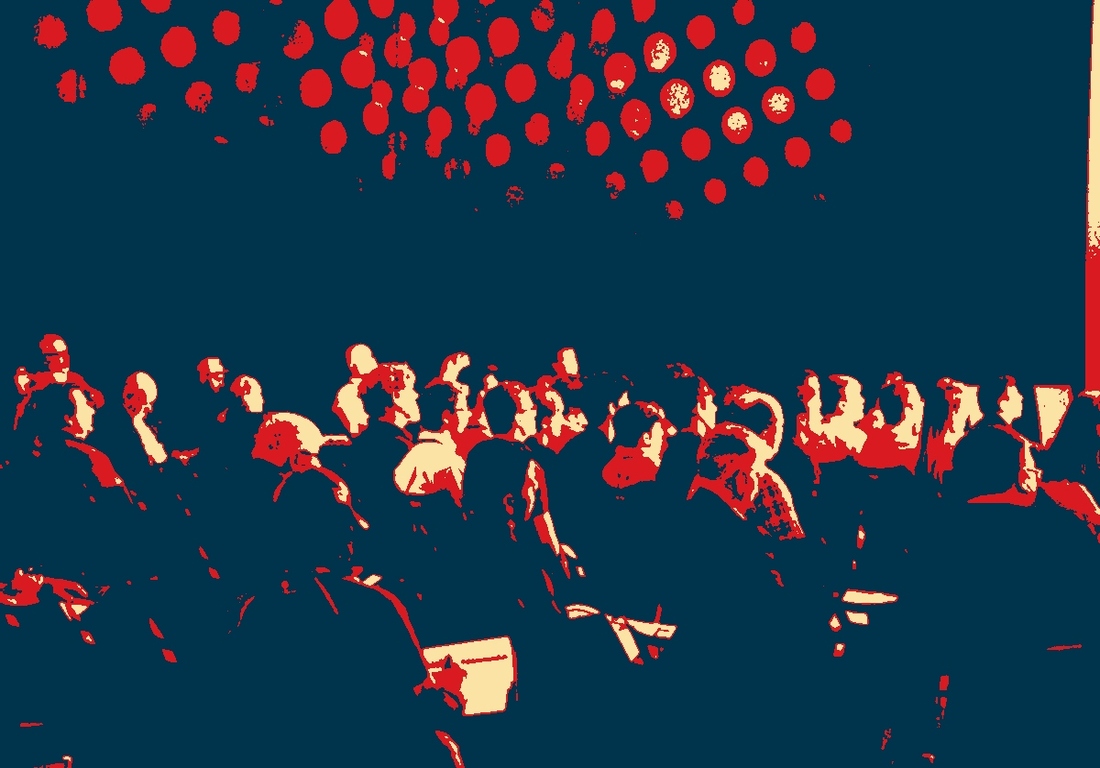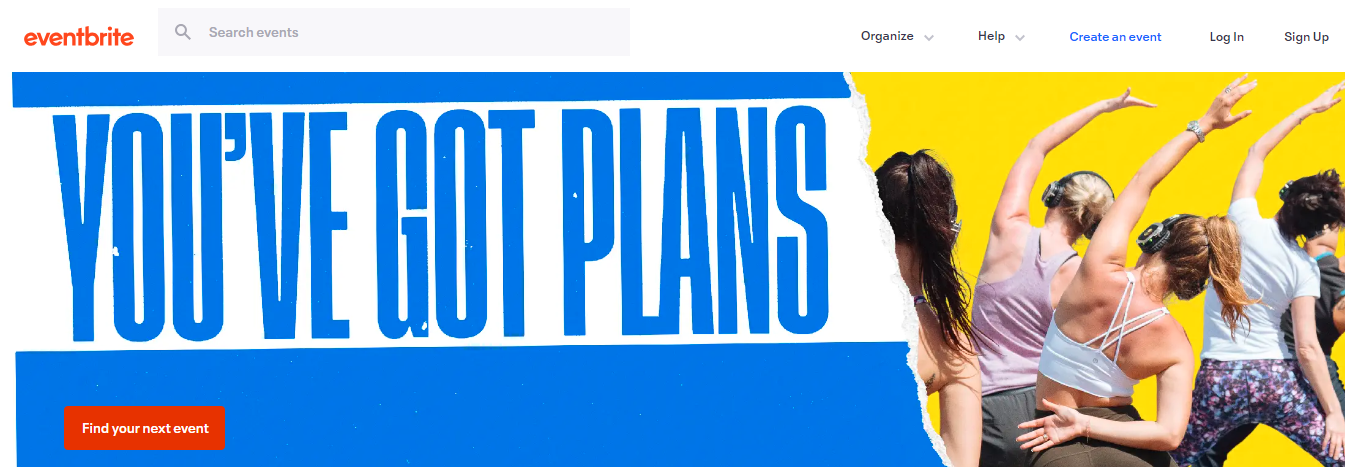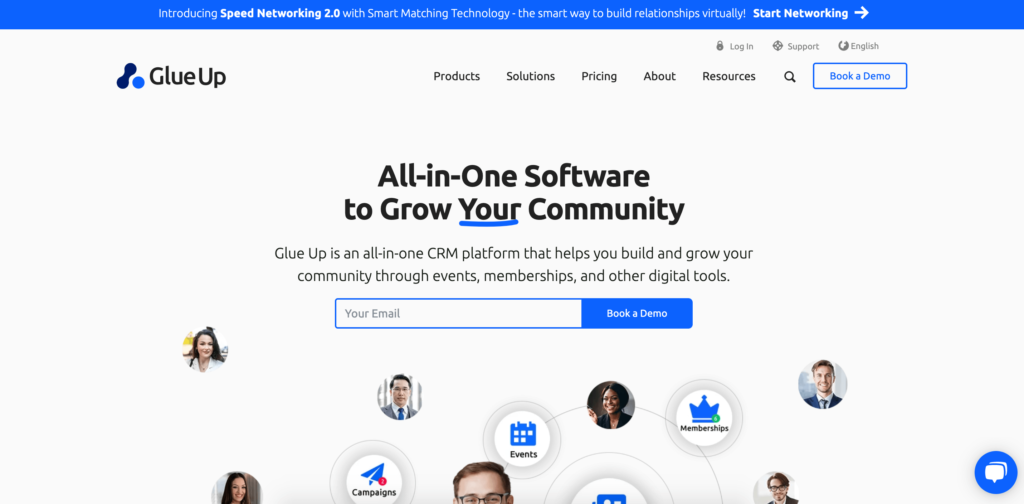
Event data though is much more extendable, especially in its use and features. This very nature makes Event Data the go-to way for modern Marketing Analysts.
Let’s embark on a journey touring all the Know-Hows concerned without wasting our time.
Here’s a content list for you to find easy to navigate throughout the article.
What is ‘Event Data’? : An Introduction

Whenever we visit any platform, be it a website, or a social media platform we engage and interact with that entity. Now these interactions can be measured in some way or the other by the owner of the platform. This data, it turns out, is very useful in analyzing, predicting, and activating user engagement even for a user who might not be registered on the platform.
Event data is the cornerstone of understanding user behavior, product usage, and system performance in the digital world. It is essential to many fields, including business intelligence, user experience optimization, online and mobile app analytics, and customer journey analysis.
Event data’s structured design makes it simple to integrate into data pipelines and allows for sophisticated querying, filtering, and aggregation for analysis. Organizations may utilize event data to gather important insights, spot trends, and make data-driven choices to improve their services, products, and overall user experiences.
Understanding event data analysis is a strategic advantage for organizations looking to stay competitive and provide top-notch goods and services that are customized to their customer’s requirements and preferences in this quickly expanding technology era.
Event Data vs Entity Data
Let’s first build a wall between these so that there is no discrepancy in understanding the use of Event Data in the latter section.
Event data serves as a dynamic storyteller, capturing real-time details of individual actions, user interactions, system events, and transactions. It provides essential information about the “when,” “what,” and “how” of each event, akin to a detailed log of digital interactions.
Conversely, entity data form a sturdy foundation, concentrating on static attributes and characteristics of customers, products, or devices. It offers critical context, with core details remaining relatively constant over time.
3 Go-To Tools For Event Data Collection & Management
Now that we have gained a clear understanding of what event data is and how it compares to entity data, it’s a good time to let you in on the knowledge of certain software that somewhat automates, manages, and collects event data. This event management software is quite handy when you want easier access to a bird’s eye view of event management.
The tools have been ranked based on their popularity, features & functions, and also pricing. So let’s explore the best tools for event management and data collection out there!
1. Cvent

Cvent – Event Management Platform
Cvent is an all-in-one event platform for any event you can think of! Seriously, it’s got you covered whether you’re planning an in-person gathering, a virtual event, or even a hybrid one.
Now, here’s the cool part: Cvent takes care of everything throughout the event’s life cycle, making it super easy to manage each stage. Plus, you’ll get all the juicy data and insights you need to make your event a smashing success and get the most value out of it.
No more juggling multiple platforms or stressing about finding suppliers and engaging attendees. With Cvent, it’s all in one place! You can also maximize sponsor value and capture important event data, which is a game-changer.
Oh, and did I mention that Cvent is a global leader in event marketing and management technology?
Yeah, they know their stuff and are ready to support events of all shapes and sizes, no matter how simple or complex they might be. So, you’re in good hands with Cvent by your side!
2. Eventbrite

Eventbrite – Tool For Event Data
Eventbrite has become a go-to favorite in the event management world, attracting event organizers of all sizes. It’s renowned for its versatility, offering ticketing solutions that cater to small gatherings and massive concerts alike. With its customizable features, organizers can tailor the platform to suit their unique event needs and brand.
On top of that, Eventbrite takes care of email confirmations and reminders, saving organizers precious time and effort. Attendees love it too, as they can easily register for events using either their phones or computers, making the whole process seamless and user-friendly.
3. GlueUp

GlueUp – Software To Collect Event Data
GlueUp is a platform that helps you plan, promote, and run both online and offline events, no matter how big or small they are. They’ve got a bunch of high-performance tools that make organizing events super easy and keep the attendees engaged. You can even use their design suite to create stunning marketing materials like posters and invites.
And get this – GlueUp also gives you valuable event data to help you make better decisions for your current and future events. It’s like having a crystal ball for event planning!
Speaking of event management software, you might have heard of Eventbrite. Well, GlueUp is kind of like that, but with some extra bells and whistles to make your events even more successful. So, if you’re into organizing events, GlueUp is a game-changer!
Collecting Event Data
Behavioural Data is the most targeted piece of value by event data collection mechanisms. Although Demographic, Predictive, and Interactive data are also monitored all along.
When holding virtual and hybrid platforms, it is simple to gather a variety of information because almost everything can be tracked online. The landing pages on your event website, social media, advertising pieces, and, most crucially, your virtual event management platform are some of the greatest places to capture event data.
Utilizing on-site technologies like RFID monitoring and examining online interactions that take place before, during, and after the event are other ways to gain valuable data from live events.
An important precaution though is necessary before employing event data collection mechanisms. Ensure that data privacy laws are followed, and get user permission before collecting any data. Put security measures in place to safeguard the collected data.
How To Use It?
Events could be innovatively set up for analyzing user traffic on a platform. Say, for example, you are hosting a Web-page that advertises and sells cricket equipment. You could then set up an event where you analyze the clicks and particular equipment and later on target the users who were interested in sending a mail or text or delivering a notification through the platform itself.
Now, events almost lying everywhere and the characteristics of this kind of data comply with the needs of all the parts of a production line or even an advertising line, the use can be diversified depending on how it is to be used and by whom.
Marketing teams:
By analyzing event data, marketers can track user behavior, understand what actions lead to conversions, and identify pain points in the customer journey. This valuable information enables targeted and personalized marketing campaigns, improving customer engagement and satisfaction.
With these insights, marketing teams can optimize their strategies, enhance the user experience, and make data-driven decisions that drive growth and success for their businesses.
Event Data could also be modeled into real-time triggers, generating Ads, emails, or even text messages to personalized users once a specific event is understood to have been performed. Modern Automation tools and AI thus cater to the landscape and their merging is very very natural.
Product Teams:
Product teams gather this data, and this is where it excels as a highly chronological, detailed, and descriptive data medium. The users in this data have previously been acquired, either by creating an account, subscribing to something, downloading or otherwise using some software, etc.
In other words, they are no longer anonymous users, and account or user data, such as names, addresses, and other personally identifiable information (PII), has entered the computations.
Events related to one product could also be used to understand how they are linked to other products. This chain of events analyzing relationships among products could be invariably useful, especially for e-commerce sites.
Data Activation:
When you have a sample of users to monitor, it’s time to examine some activation information. Users become activated when they start using your products or services or other features to get value from them. Analyzing whether or not people are using your product in the manner you desire or expect is the main objective here.
Additionally, activation aids companies in streamlining their whole sales funnel, from discovery to conversion to activation. It makes it possible to compare marketing initiatives, traffic patterns, and variations in activation events. For instance, one marketing effort may provide a lot of visitors to the website while another may boost conversions and activations.
User Engagement:
An untapped resource for increasing consumer engagement is event data. Start by identifying important events, like website visits, email openings, or app engagements, that signify client interest. These occurrences serve as important indications that can direct your interaction approach.
Using insights from event data, segment your audience depending on their interactions. Your communications will be more relevant and engagement will rise as a result of your ability to produce tailored content, offers, and suggestions.
Utilize real-time data to quickly react to client activities. Use certain occasions to launch automated marketing campaigns that nurture leads and keep hold of current clients.
To identify new patterns and adjust your engagement efforts accordingly, keep a careful eye on them. Event data equips marketing teams to be quick-thinking, adaptable, and customer-focused, fostering success in a cutthroat industry.
What Are The Flaws in Event Data?
The fact that event data does not accurately reflect user activity is one of its key drawbacks. Events can occasionally be deceptive since they are determined based on a user’s actions rather than wider patterns and trends.
For instance, if a user clicks on numerous buttons or completes various actions fast, this might be seen as a sign of intense interest or engagement while the user may have just been swiftly scrolling around an app.
The fact that it might be challenging to integrate into bigger analytical and reporting systems is another significant disadvantage. It can be difficult to combine these metrics with other forms of data to acquire a more comprehensive view of user behavior due to their narrow emphasis.
This reduces the total worth and usefulness of event data for companies wanting to improve their goods and services based on a thorough understanding of consumer behavior.
Summary
So, here we are!
We went through understanding all the aspects Event Data stands for, its collection, ways of implementing its insights, and compliance with various spheres. We have also discussed some go-to event management and data collection software, using which you can automate your event management to a good extent. But most importantly, such software will provide you with a broad perspective on all of your event’s happenings.
Congratulations on learning and adding a very useful concept to your stack of knowledge!
People Also Read:
This Is How To Host A Virtual Event
Sell Your Product With Webinars
What Are Customer Data Platforms (CDPs)?




